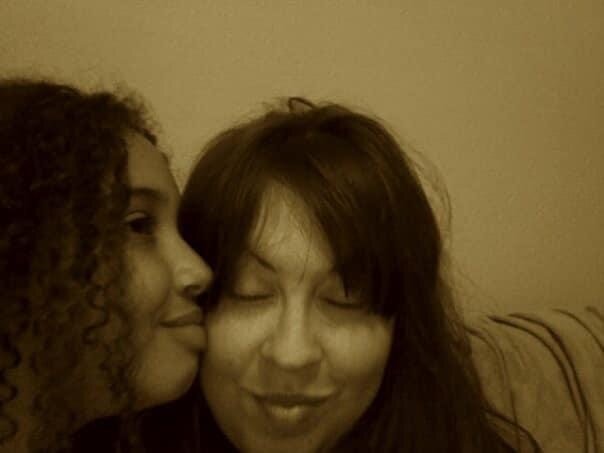
Compassion Fatigue and Caregiving – A Professional and Personal Perspective
Last week, we discussed the subject of compassion fatigue in the healthcare industry with Jessica Dale, a parent of a brain tumor survivor or “brain tumor mom” and expert on the subject.
This week, we discussed her personal experience as a parent of a child, that is now a young adult, survivor of a pediatric brain tumor. We asked for tips on how to avoid pitfalls that families of children and adolescents with special health care needs face.

Medical Monday: Understanding Compassion Fatigue
Have you run into a doctor that just seemed to not care? Maybe you felt rushed, received difficult news in a less than empathetic manner or felt like you just aren’t being heard. What you could be experiencing is healthcare compassion fatigue. It is a mental health situation that occurs in healthcare providers in clinical settings to caregivers of loved ones with chronic conditions or special needs. It is a subject worth exploring both in how to manage it in a caregiver role and how to handle a situation where a healthcare professional just seems to lack interest while we are desperate for solutions.
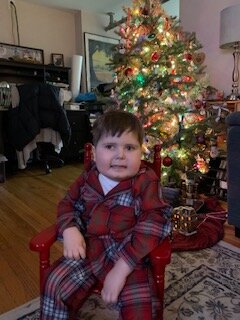
Zakky Receives Handheld Blood Analyzer
Zakariya “Zakky” Gheith was born in Feb. 2013 and is now 7 years old. When he was diagnosed with a benign brain tumor (optic pathway glioma) at 4 ½ months old, we didn’t think he would make it to a year old. God and the army of support that followed proved us wrong.
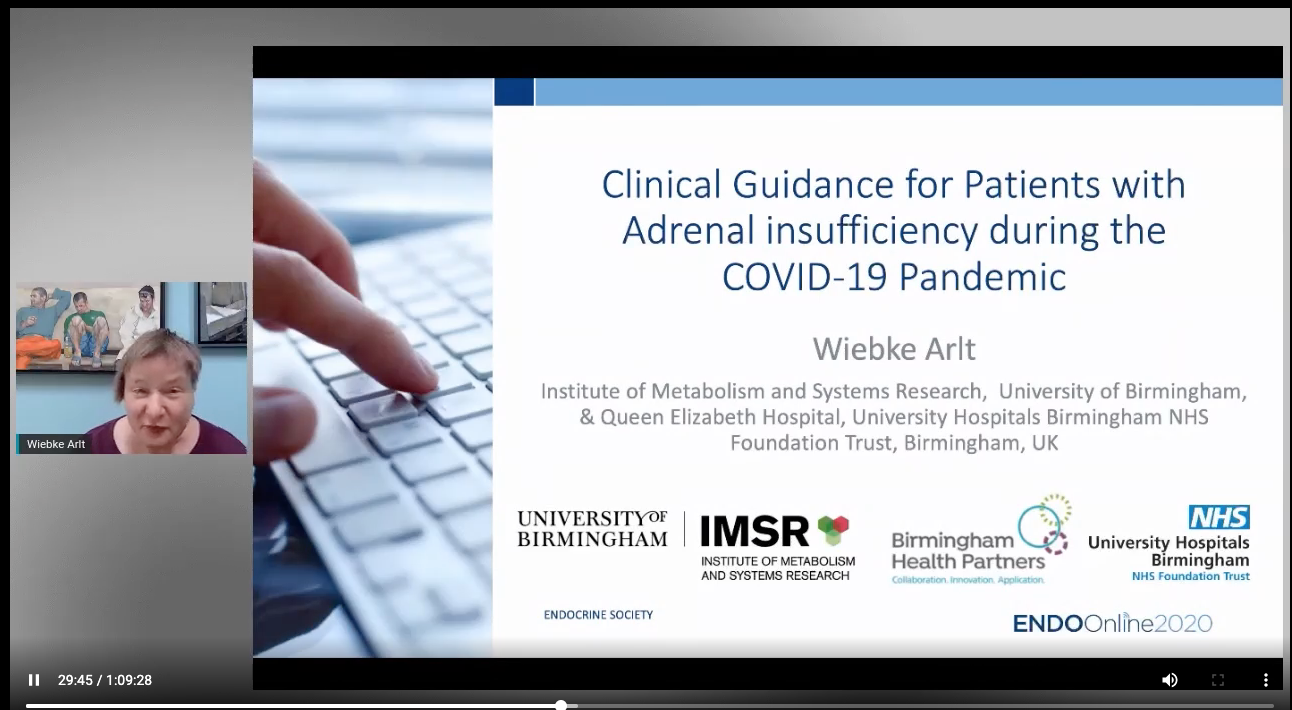
COVID-19 and Adrenal Insufficiency
In ENDOOnline 2020’s first session last Monday, Wiebke Arlt, MD, DSc, FRCP, FMedSci, of the University of Birmingham, updated conference attendees on steroid dosing for Adrenal Insufficient patients with COVID-19. The discussion was focused both on primary adrenal insufficiency (PAI) or Addison’s Disease and secondary adrenal insufficiency (SAI) which is typically caused by hypothalamic-pituitary disorders, the risks for patients and steroid treatment plan for patients diagnosed with COVID-19.
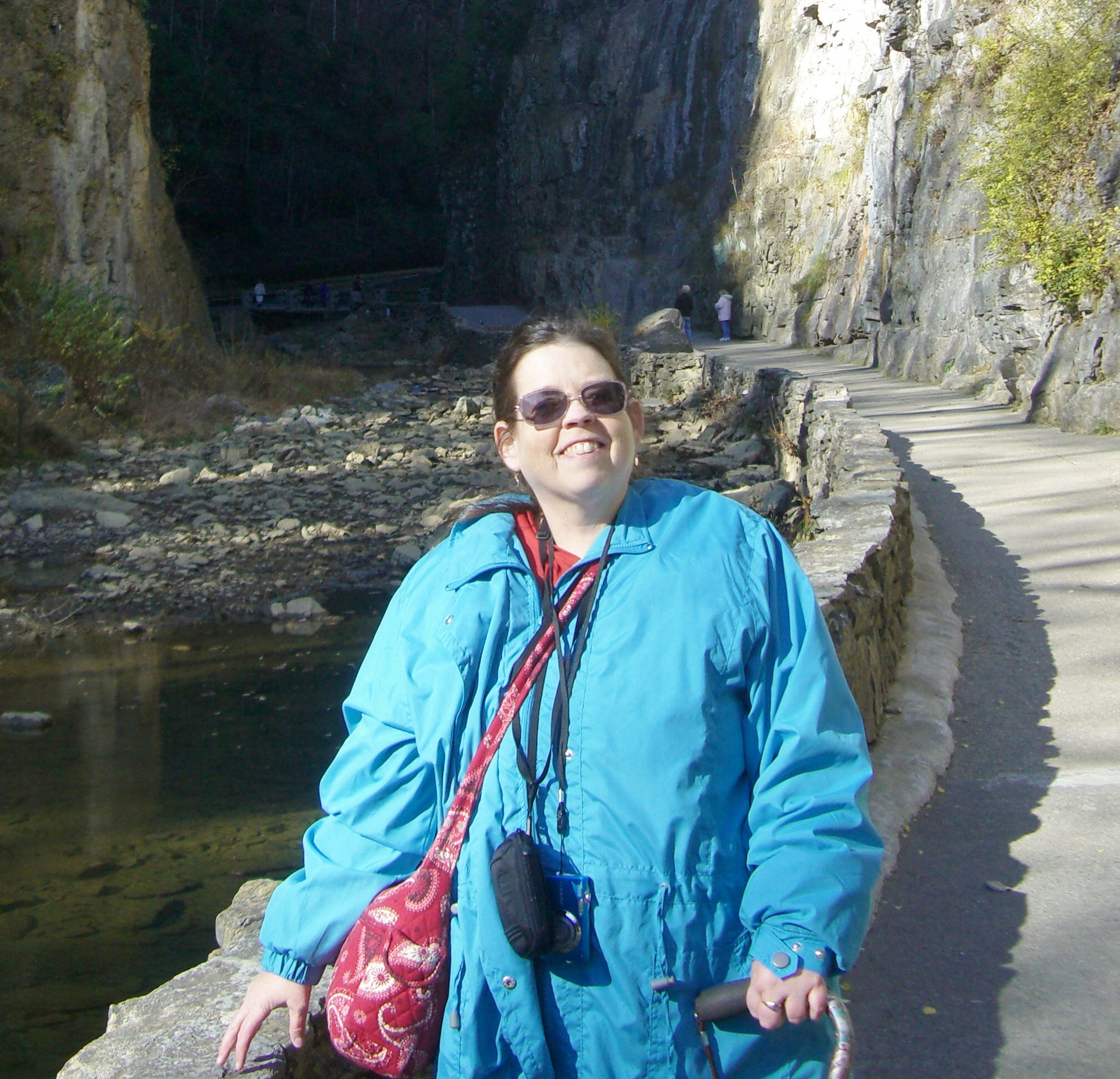
Leigh: A Sister’s Tribute
As we wrap up Brain Tumor Awareness Month, we wanted to share this beautiful tribute by a sister of a childhood brain tumor survivor who recently passed away. When I read this, I was so moved by Susan Keller’s words about Leigh Ann Doninger who passed away this January. Susan shared her eulogy to her sister along with an in memoriam donation to RAWF. These words felt fitting for our last Inspiration Friday of Brain Tumor Awareness Month. Leigh sounded like a true inspiration to many.

Managing Hypopituitarism Patients During COVID-19
Most hypothalamic-pituitary brain tumor patients suffer from secondary adrenal insufficiency (SAI), which is the brain’s inability to signal cortisol production in the event of the body being in distress, and diabetes insipidus (DI), the which is a result of the disruption of production of the anti-diuretic hormone which causes issues with body fluid balances and blood sodium levels. With the coronavirus outbreak, many questions have been raised about patients with SAI being immunosuppressed or “high-risk.”
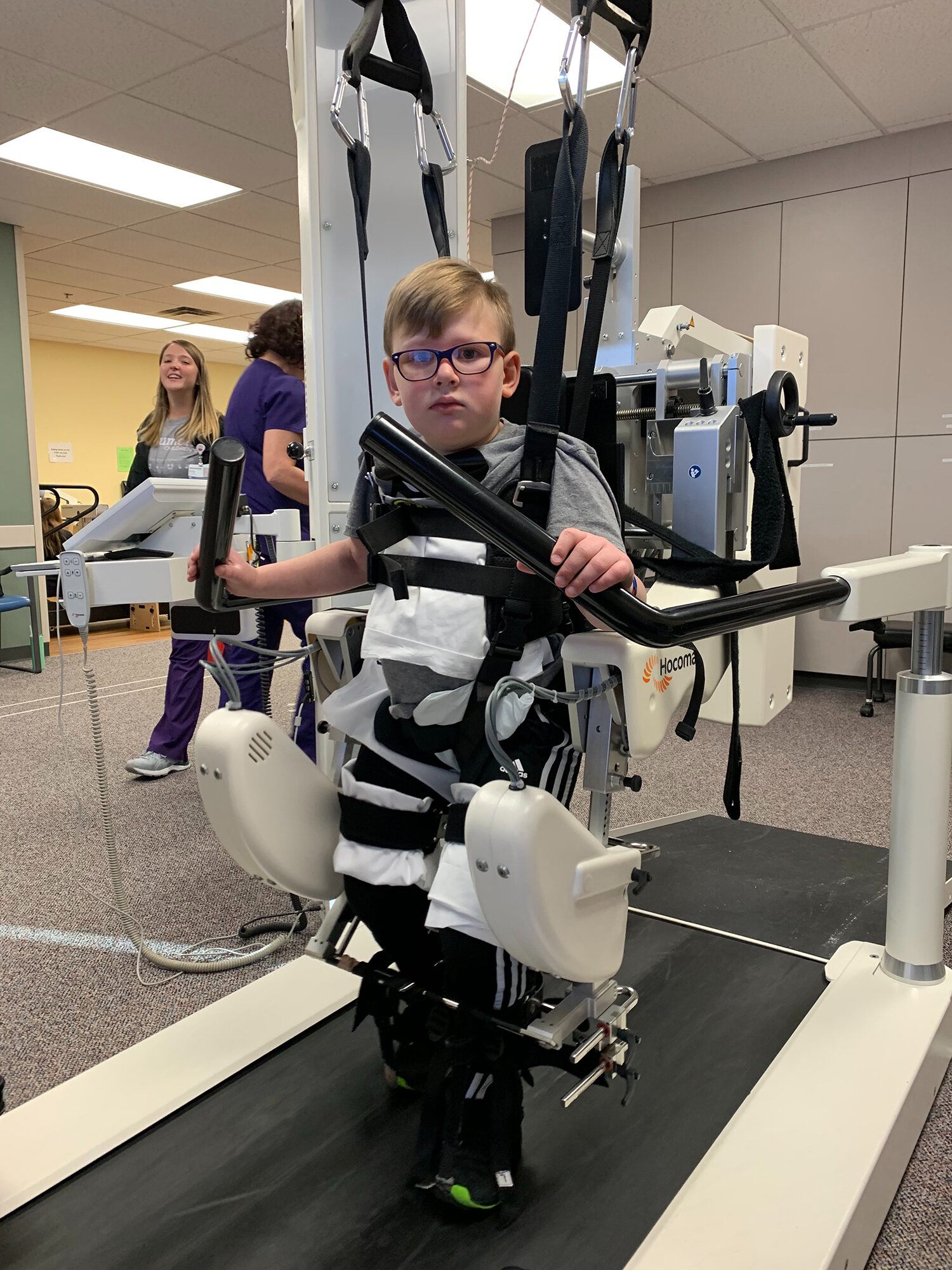
Hypothalamic Hamartoma Survivor Jaxon Sloat Receives Blood Analyzer
Jaxon Sloat , age 5, of Macomb, Michigan, is described as a vibrant, determined little boy. He was born at 30 weeks and, as a result, he has cerebral palsy. At diagnosis the family was told Jaxon wouldn’t be able to walk or talk but he worked hard over the past few years and has proven many people wrong. He has had setbacks along the way, but his mom JoAnne Sloat, says that doesn’t slow him down.

Virtual Support for Patients & Caregivers
Stress and anxiety tend to be a built-in side effect of surviving a brain tumor or caregiving for a survivor, but add in the current circumstances and there may be moments where you truly feel like it is tough to get through the day.

Making the Most of Your Telemedecine Appointments
In the last few weeks, we have adapted to so many changes — from working at home to schooling our kids to strategic planning of grocery store trips. Many of us have also experienced the evolving frontier of telemedicine appointments. Telemedicine may open some new doors for patients with rare medical conditions to access specialists that geographically may have been impossible to see through traditional in-person appointments. That would be an exciting development to come of this current crisis.

COVID-19 Preparedness for Caregivers of Brain Tumor Patients with Neuroendocrine Conditions
If you are a parent/caregiver of a child with neuroendocrine side effects of a brain tumor, the concern over the coronavirus (COVID-19) doesn’t just include worries that he or she may contract the virus. There could potentially be a shortage of medications and concerns over management of the chronic conditions that sometimes require emergency department visits in a normal health climate.
